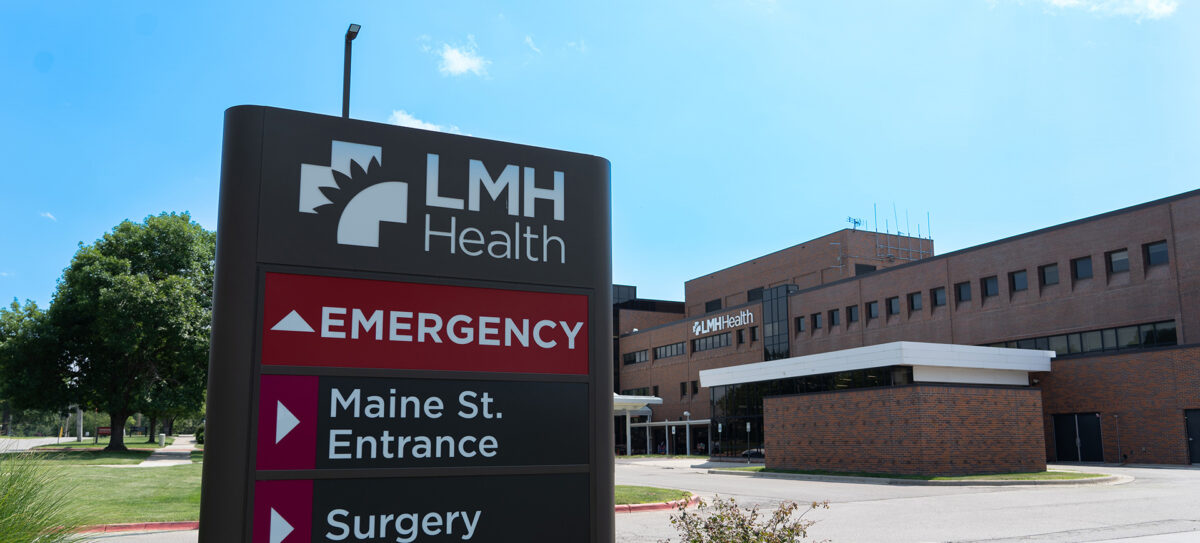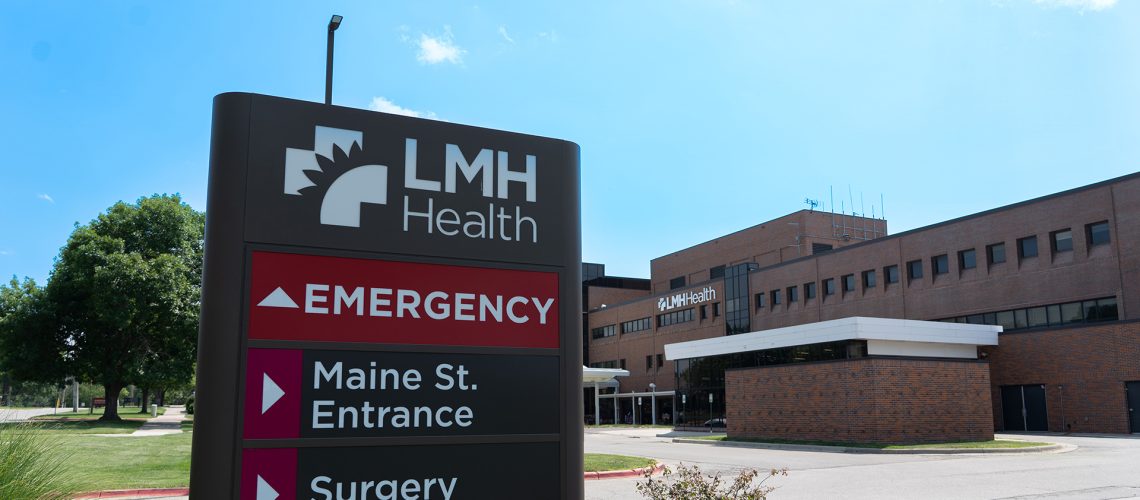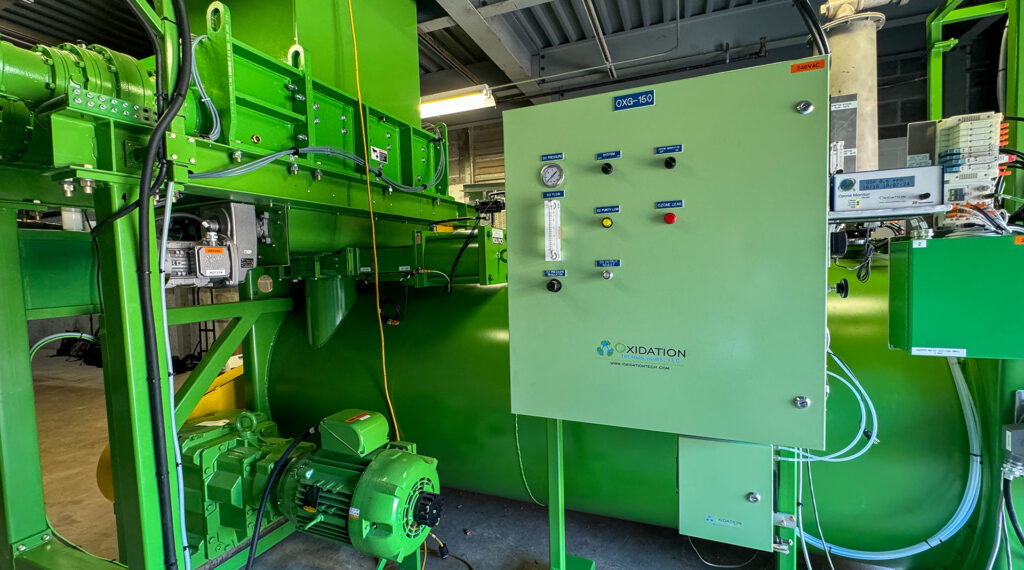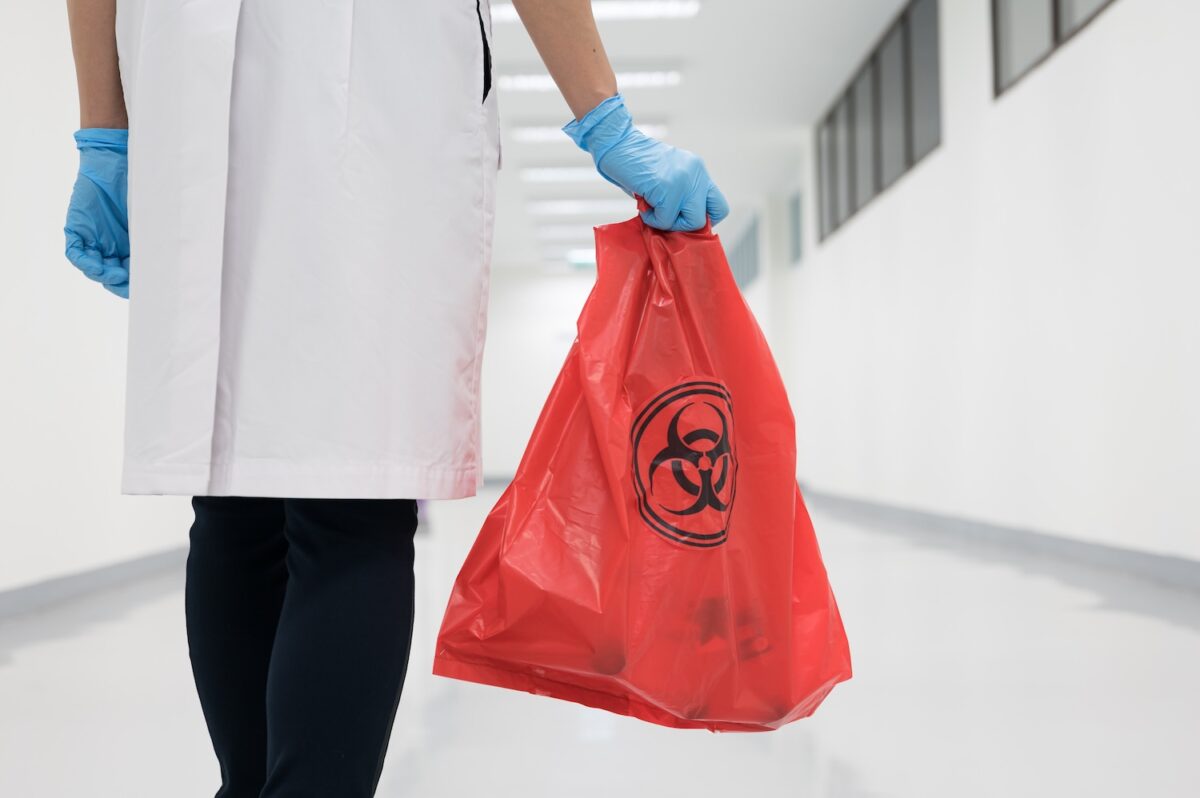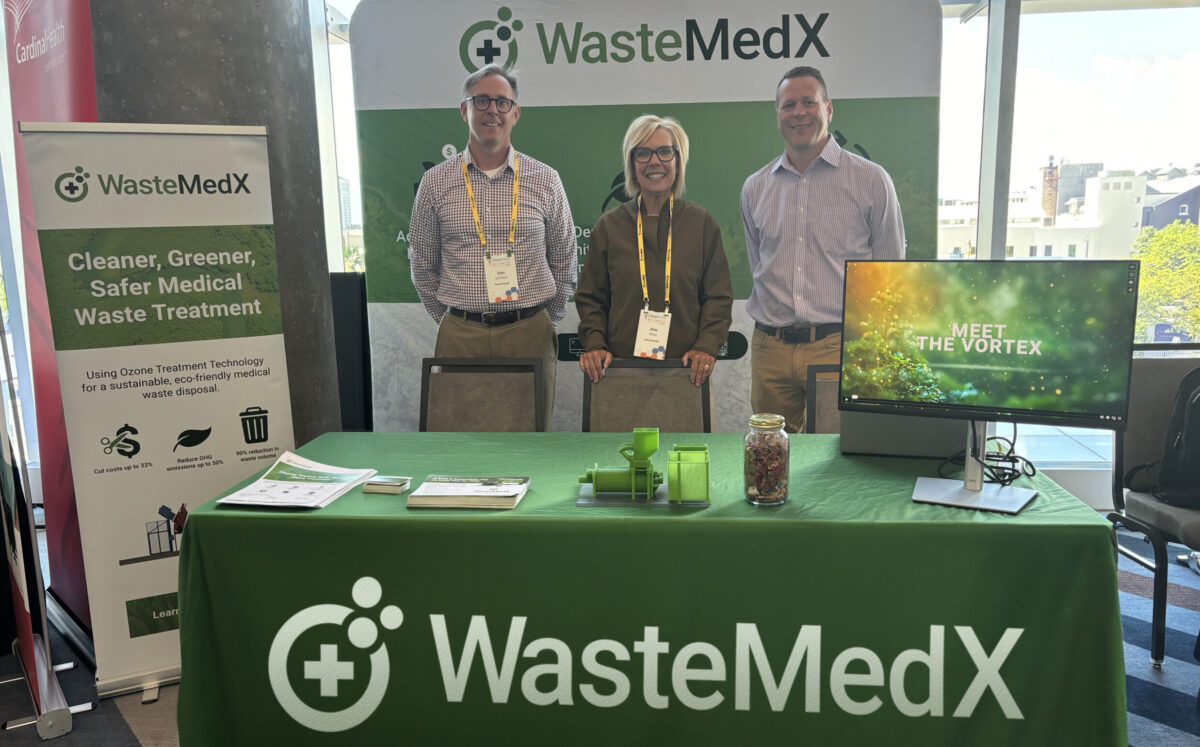What Is Ozone Treatment? Understanding the Hospital Medical Waste Process
Hospitals are under a constant microscope when it comes to sustainability. From cutting down on single-use plastics to rethinking energy consumption, there’s growing pressure to adopt greener practices, and with good reason. While the conversation often starts with recycling programs and energy-efficient lighting, it circles back to something just as impactful: how hospital medical waste is treated.
Hospitals produce a lot of waste. Managing that waste responsibly is a critical part of reducing a facility’s overall environmental footprint. That’s where ozone treatment inserts itself into the picture. This innovative method of medical waste processing is changing the narrative, helping hospitals reduce their carbon impact while still keeping safety and efficiency front and center.
Let’s take a closer look at what ozone treatment is, how it works, and why it’s becoming more top-of-mind for hospitals looking to make strides in sustainability.
Your Introduction to Ozone Treatment
Ozone treatment is a chemical-free process that uses ozone (O₃) to treat regulated medical waste. Here’s how it works: medical waste is loaded into a sealed chamber where it’s shredded and exposed to ozone gas. The ozone acts as a powerful oxidizing agent, breaking down bacteria, viruses, and other harmful pathogens. It’s then neutralized back into oxygen, leaving behind sterilized, non-infectious waste.
Compared to traditional methods like incineration or autoclaving, ozone treatment is quite literally a breath of fresh air. Incineration involves burning waste at high temperatures and autoclaving, while less polluting, still requires large amounts of water, time, and electricity. Ozone treatment sidesteps these issues with a faster, cleaner and more efficient approach.
Where Ozone Treatment Fits Into the Sustainability Conversation
Reduced Greenhouse Gas Emissions
Environmental accountability is a commitment hospitals are expected to uphold. With sustainability metrics tied to public image and compliance, reducing greenhouse gas (GHG) emissions is a core focus. Front-end changes are important, but hospital medical waste management practices can’t be overlooked.
Ozone treatment directly supports emission reduction targets by eliminating the need for incineration or chemical-based sterilization, both of which release significant carbon and other pollutants into the atmosphere. Instead of contributing to the problem, this method helps hospitals become part of the solution, shrinking their carbon footprint with every treated load.
Chemical treatment methods for medical waste can emit up to 1113.39 KG CO₂E per ton of waste. In contrast, ozone treatment brings that number down to just 654.77 KG CO₂E per ton. That’s a nearly 50% reduction in emissions.
For more insights into how ozone treatment lowers emissions as well as costs, see the results from our GHG emissions study.
No Additional Final Waste Streams
It’s one thing to disinfect waste; it’s another to make sure disinfection doesn’t create more waste in the process.
Traditional methods fall short on this front: Incineration, for instance, produces ash, metal residue and airborne pollutants that all need to be accounted for.
Ozone treatment, on the other hand, breaks down pathogens without generating extra materials that need to be addressed later. Without secondary waste streams, this method lightens the final waste load—meaning fewer truckloads, less fuel and less strain on municipal landfills. It’s a straightforward, streamlined approach that aligns with modern waste minimization strategies.
Ozone Requires Less Time & Resources
In healthcare, as in most industries, efficiency is essential. Time, labor and resource demands don’t just impact day-to-day operations; they ripple out to affect costs, carbon usage and sustainability performance. Many legacy hospital waste treatment methods such as autoclaving place heavy burdens on utilities and staff alike. Between electricity to power the system and water to generate steam, the ecological toll adds up quickly.
Ozone treatment stands out by doing more with less. The process is quicker—up to 50% faster than traditional options—and it operates on minimal water and power inputs. That means hospitals can process more waste in less time, conserve critical resources and reduce utility spend all at once.
A Safe, Sustainable Option for the Future of Medical Waste
The push for more sustainable practices in healthcare isn’t going anywhere. Hospitals are rethinking every traditional process, and the handling of medical waste is long overdue for a makeover. Ozone treatment is a modern, environmentally responsible alternative that’s gaining notable traction.
Changing how your facility handles medical waste is, of course, a major shift that requires planning, training and trust in the process. That’s why, at WasteMedX, we go beyond offering ozone treatment technology. We partner with hospitals to navigate these shifts thoughtfully and confidently, providing hands-on support and customization every step of the way. Our goal is to make the transition frictionless, with minimal disruption and maximum impact.
But don’t just take it from us. Hear it from someone who’s been there: Bill Churchwell, director of Environmental Services at LMH Health in Lawrence, Kansas. WasteMedX’s Vortex waste management system was installed at LMH Health’s main hospital in August of this past year.
“Sustainability here is very important. We have a lot of waste that comes into a hospital. The best thing I like about this machine is we have control over our waste. We know that all of our HIPAA documents are being shredded. We know that all of our waste is being processed and sanitized, and we know where it’s going. It’s good for the hospital and it’s good for the environment.”
That kind of confidence and clarity is what we aim to bring to every partnership. Whether you’re starting to explore alternatives or you’re ready to make a change, WasteMedX will guide the process—step by step, at your pace, with your goals in mind.
Interested in learning more about how ozone treatment for medical waste can help your facility meet its sustainability goals? Let’s talk.



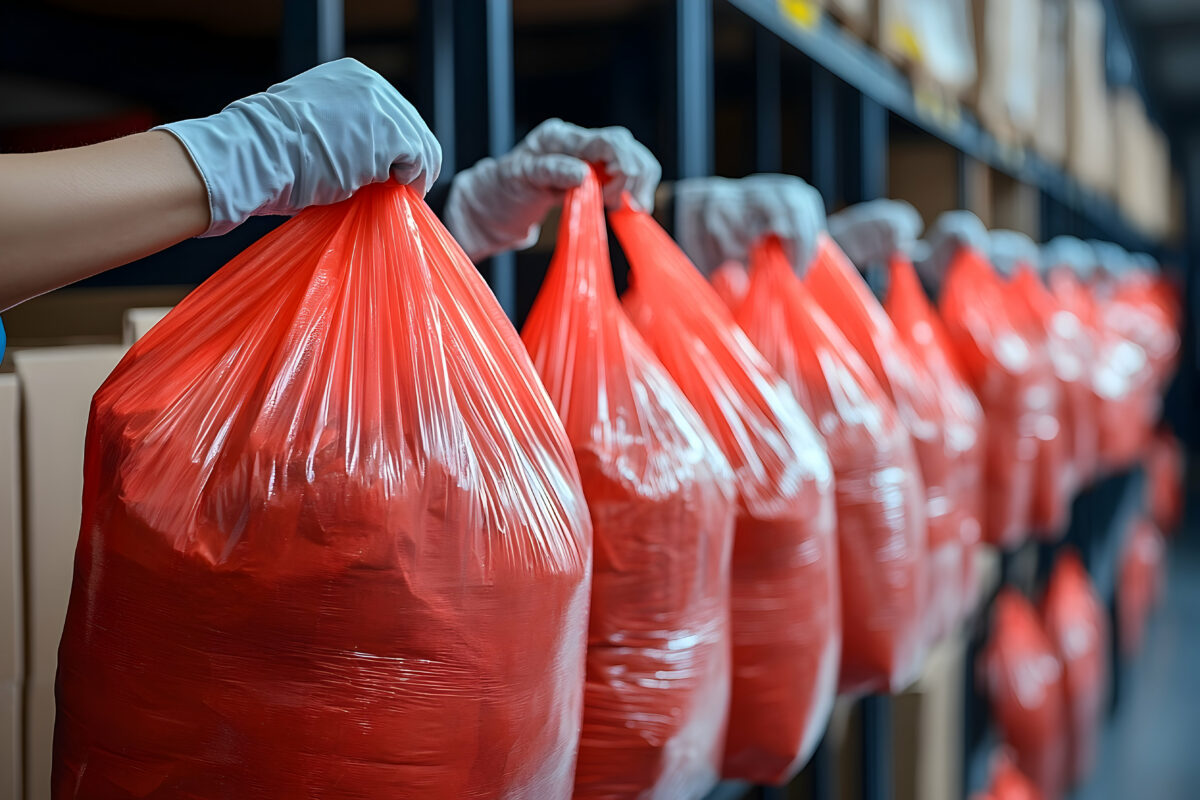

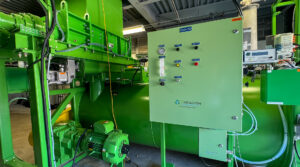 Infectious waste–any waste that’s capable of transmitting communicable disease—can be found in pathological waste, infectious sharps, or biological cultures. By exposing the waste’s surface area to ozone for a sustained period of time, ozone treatment sterilizes materials and prepares them for disposal.
Infectious waste–any waste that’s capable of transmitting communicable disease—can be found in pathological waste, infectious sharps, or biological cultures. By exposing the waste’s surface area to ozone for a sustained period of time, ozone treatment sterilizes materials and prepares them for disposal.



